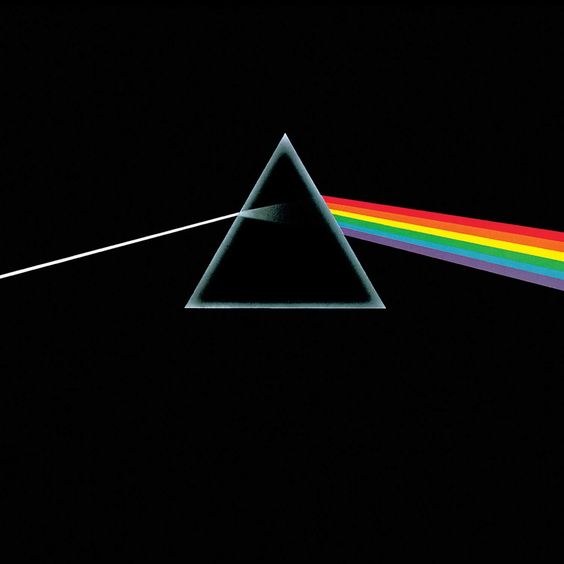1
2
3
4
5
6
7
8
9
10
11
12
13
14
15
16
17
18
19
20
21
22
23
24
25
26
27
28
29
30
31
32
33
| class Solution {
public void sortColors(int[] nums) {
int pos = 0, ptr = 0;
while (ptr < nums.length) {
if (nums[ptr] == 0) {
swap(nums, pos, ptr);
ptr += 1;
pos += 1;
} else {
ptr += 1;
}
}
pos = nums.length - 1;
ptr = nums.length - 1;
while (ptr >= 0) {
if (nums[ptr] == 2) {
swap(nums, pos, ptr);
ptr -= 1;
pos -= 1;
} else {
ptr -= 1;
}
}
return;
}
private void swap(int[] nums, int i, int j) {
int temp = nums[i];
nums[i] = nums[j];
nums[j] = temp;
}
}
|
我的开始的解法, 要遍历两遍.
时间复杂度: O(n)
空间复杂度: O(1)
1
2
3
4
5
6
7
8
9
10
11
12
13
14
15
16
17
18
19
20
21
22
23
24
| class Solution {
public void sortColors(int[] nums) {
int left = 0, right = nums.length - 1, current = 0;
while (current <= right) {
if (nums[current] == 0) {
swap(nums, current, left);
left += 1;
current += 1;
} else if (nums[current] == 2) {
swap(nums, current, right);
right -= 1;
} else {
current += 1;
}
}
return;
}
private void swap(int[] nums, int i, int j) {
int temp = nums[i];
nums[i] = nums[j];
nums[j] = temp;
}
}
|
这是one pass. 一个left, 一个right指针. 然后一个current. 如果current指向的数字等于0, 那么就和left交换.如果等于2, 就和right交换. 需要注意的是在和left交换完后后更新current, 但和right交换完后则不更新. 这是为什么?由于current是从左侧出发. 如果遇到的都是0, 和left交换完, left和current更新没毛病. 如果遇到了1呢? currrent接着往前走就行, left停下来, 因为这个left位置需要是0(如果后面有的交换的话). 当current遇到了2, left一样停下,此时current和right交换. 但是我们不知道right指的是什么, 于是交换完, current可能指向的是0, 1, 2.于是current还不能急着更新, 还要再看是什么. 如果此时是0, 那么和left交换, 然后往前走. 因为left指向的只能是1.如果left指向2, 那么当时current和left重合的时候就会把2换到right, 并且换完后如果current指向了0,还会和left交换然后二者都往前一步, 因此left不可能指向2. left如果是0也不可能, 因为此时left和current会共同往前, 因此此时left只能指向1. 于是和left交换完后可以大胆放心地更新left和current.
current的位置要么是和left重合, 要么是领先. 如果current遇到了什么会告诉left, 不会让left指向0或者2的.
这一点很关键.
时间复杂度和空间复杂度和上面的一样.
